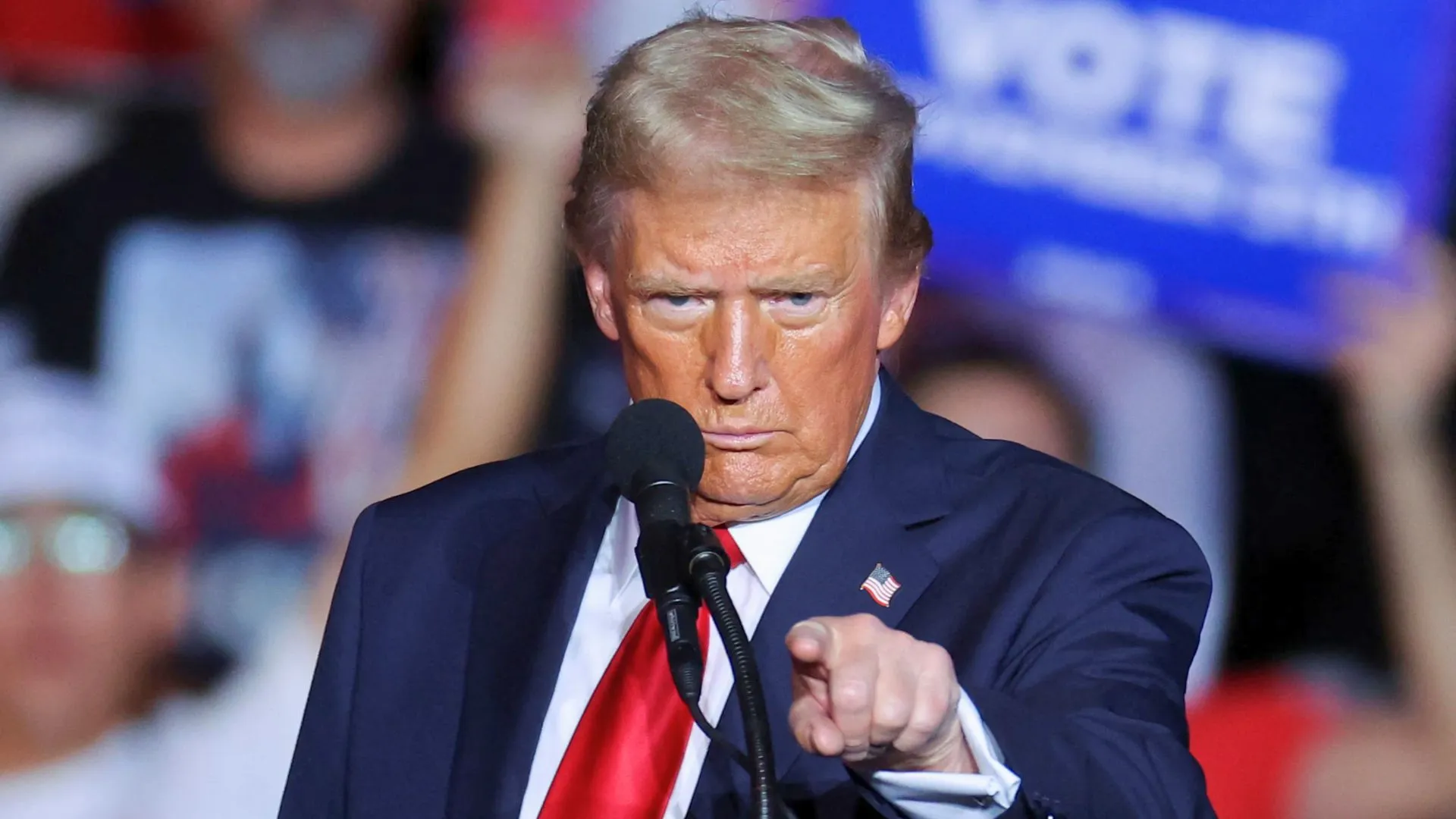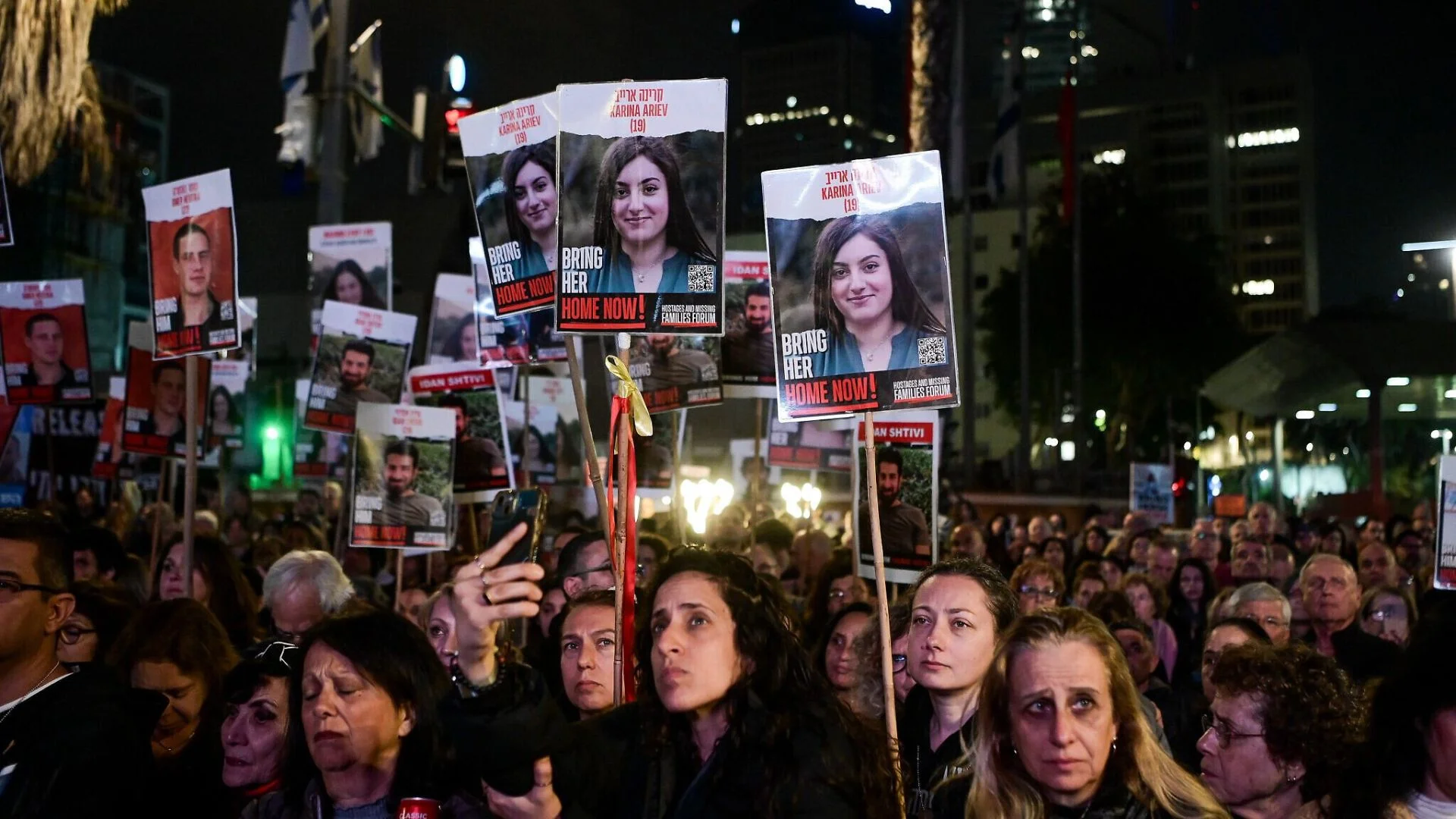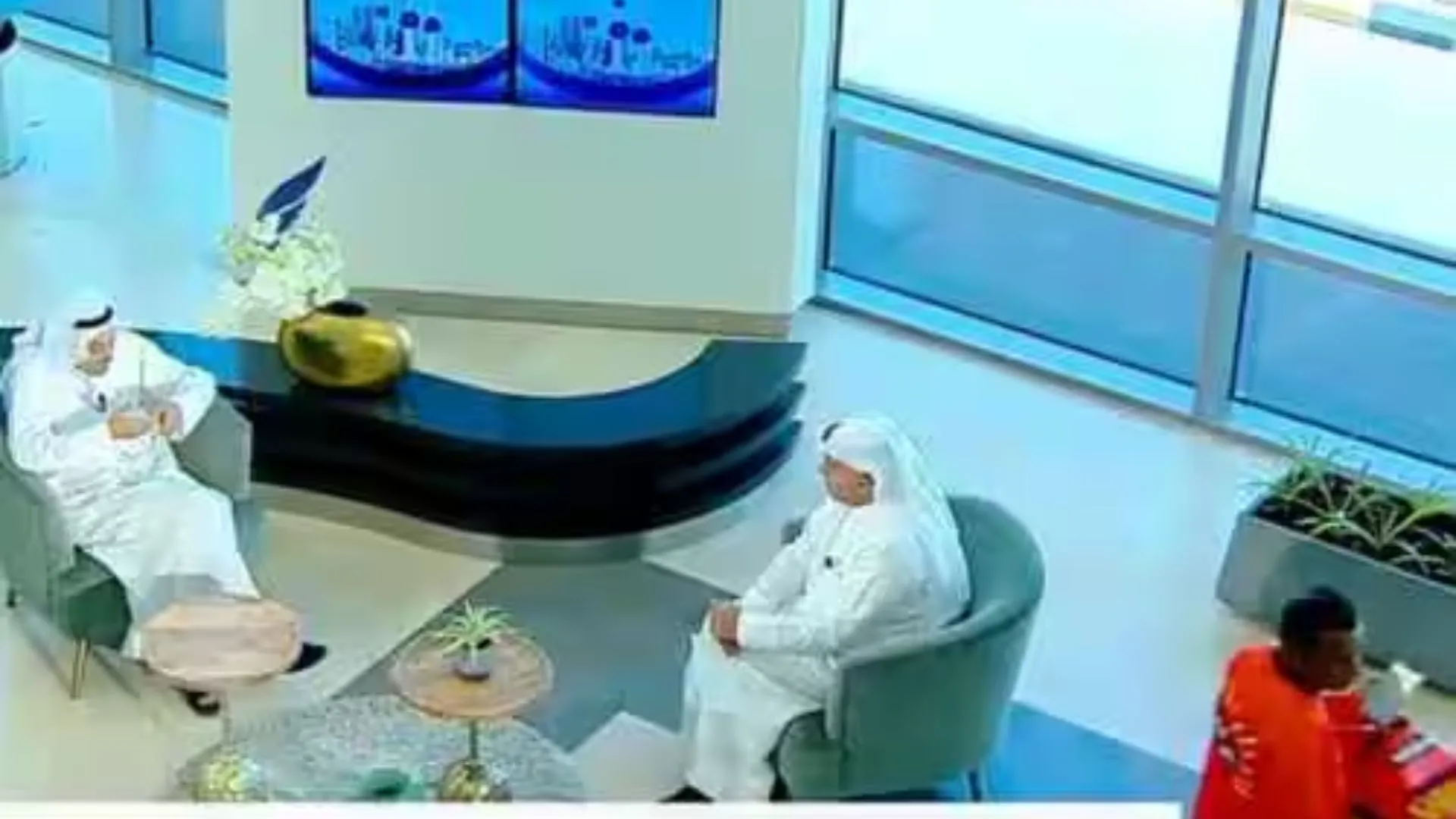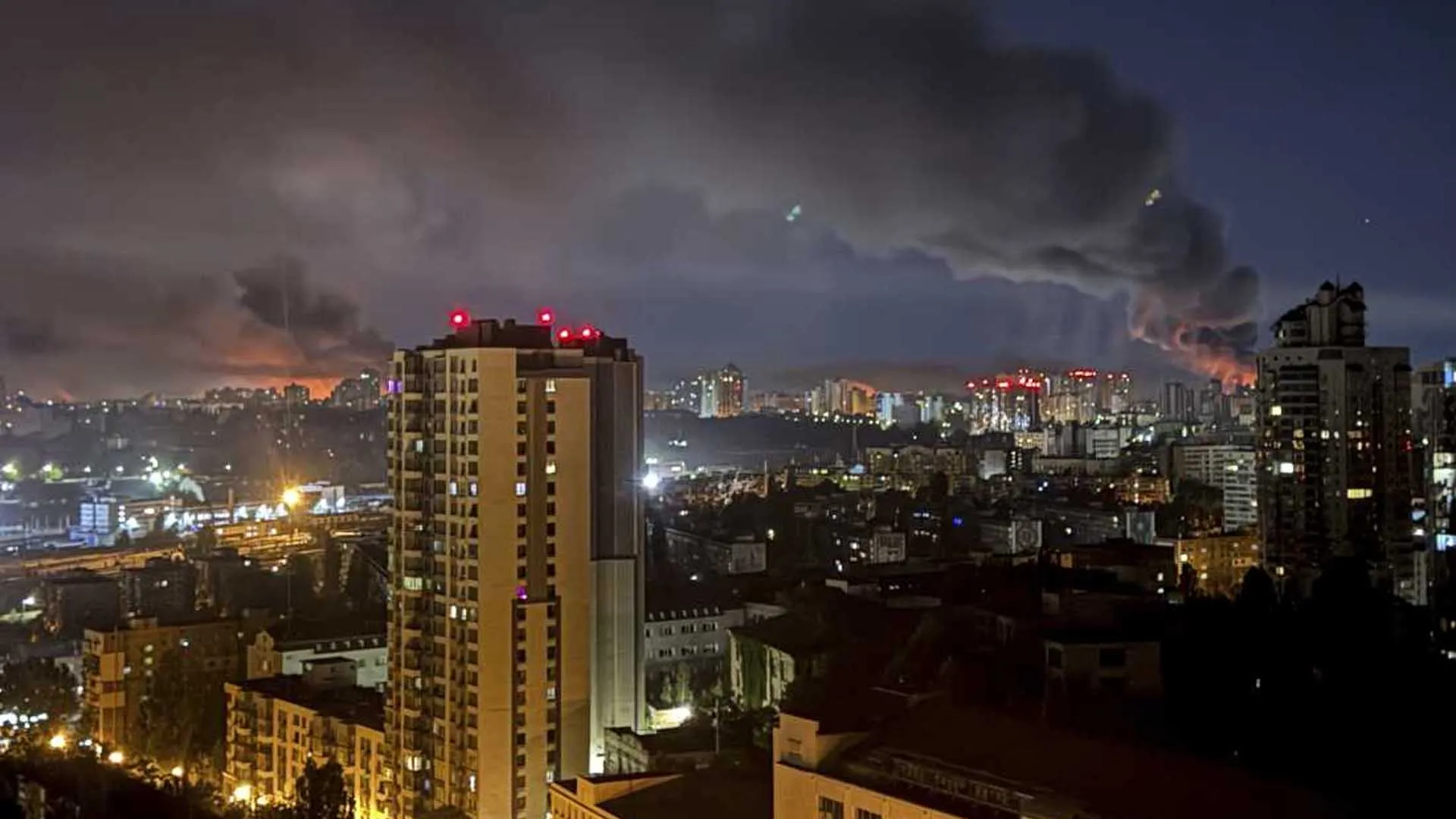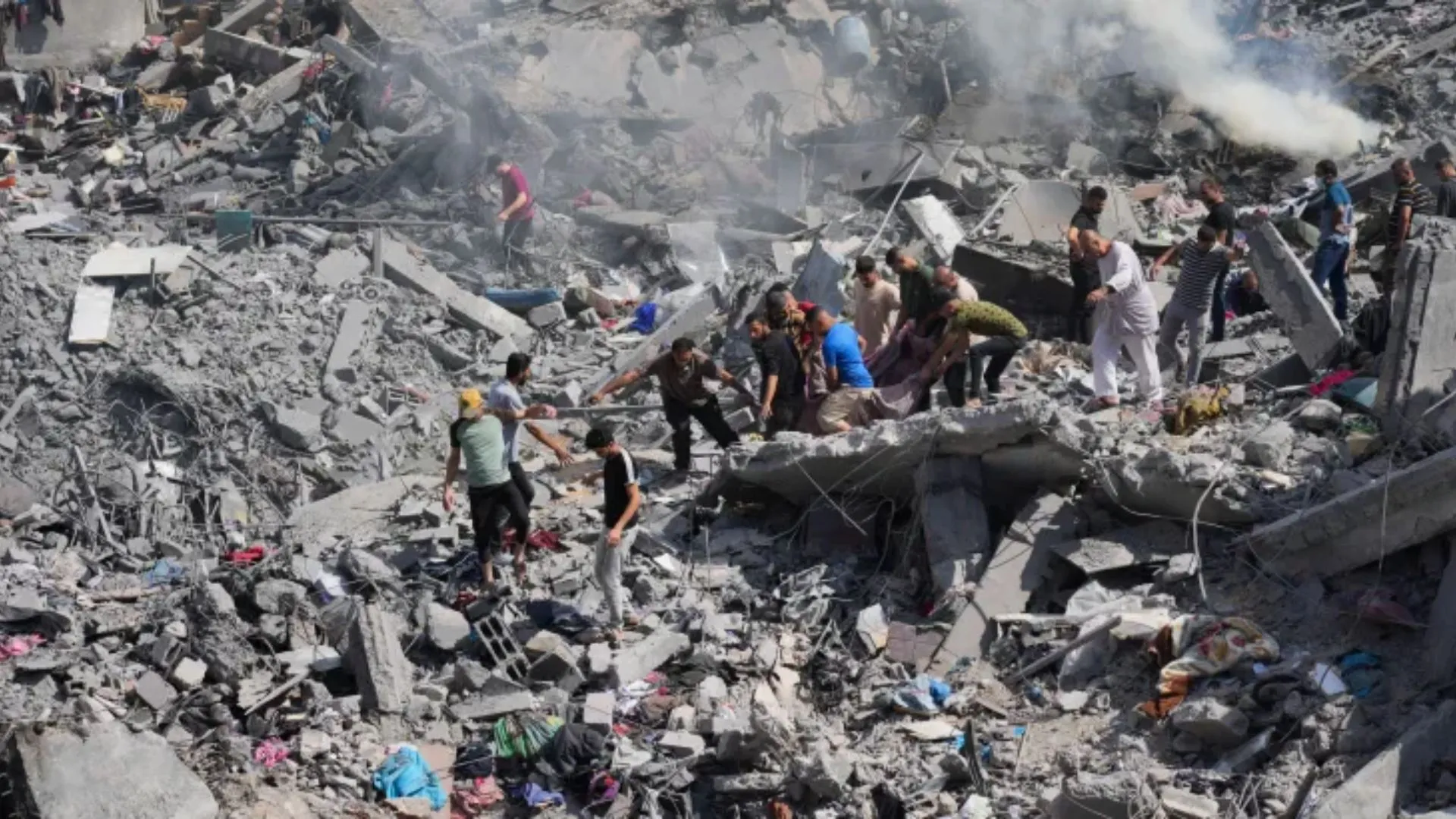Israel and Iran carried out lethal attacks on one another overnight into Sunday, escalating a rapidly developing conflict with increasing regional threats. US President Donald Trump cautioned Tehran not to attack American targets and invited Iran to negotiate a peace accord with Israel through his mediation.
Trump explicitly stated that the US was not involved in Israel’s attack on Iranian military installations. While that was unfolding, the two sides exchanged missiles, killing dozens in Iran and at least a dozen in Israel.
There are ongoing rescue efforts being made in Tel Aviv suburbs and Tehran’s battered districts, amid concerns of an expanded war. Trump’s words added urgency, arriving at the moment Tehran cancelled nuclear negotiations and retaliated at energy installations and civilian zones.
Israel Pounds Tehran as Death Toll Mounts
Israel carried out a new series of attacks on Iranian land late on Friday, striking nuclear and intelligence installations. Iran said 78 were killed on the first day, and dozens more on the second. One of the missiles struck a 14-storey apartment building in Tehran, killing 60, including 29 children.
Israeli warplanes also destroyed Iran’s defence ministry and caused fires at an oil refinery and Shahran oil depot. Tehran announced that the situation is now under control but damage is still heavy.
Trump Warns Iran, Offers Peace Deal
President Trump sent a blunt warning to Iran. “If we are attacked in any way, shape or form by Iran, the full strength and might of the US Armed Forces will come down on you at levels never before seen,” he wrote. Trump also tweeted, “We can easily get a deal done between Iran and Israel, and end this bloody conflict.” But he did not describe what such a deal would entail.
Iran called off nuclear negotiations scheduled in Oman. Foreign Minister Abbas Araqchi explained that the negotiations could not proceed while Israeli bombs strike Iranian cities. Israel PM Benjamin Netanyahu cautioned that the ongoing attacks were merely the start. “What Iran has experienced is nothing in comparison to what is yet to come,” he declared.
Missile Barrages Land Both Sides
Iran fired new missile attacks on Israel in the late hours of Saturday. Air raid sirens sounded all over Jerusalem and Haifa, sending close to a million individuals to shelter. Interceptors retaliated as explosions illuminated Tel Aviv and Jerusalem’s night skies. At least seven fatalities were reported by Israel’s ambulance service overnight, including a 10-year-old boy and a 20-year-old woman. More than 140 others were injured, with numerous others stuck in rubble.
In Bat Yam, to the south of Tel Aviv, a missile hit an 8-story building. The authorities evacuated survivors, but confirmed deaths and at least 35 missing. The death toll in Israel so far from Friday’s attacks is 10, with more than 300 wounded.
Iran’s Energy Assets Now in the Crosshairs
For the first time, Israeli strikes have hit Iran’s vital energy infrastructure. A blaze erupted at the South Pars gas field, which is the largest in the world, prompting Iran to delay some operations. The field accounts for most of the country’s gas supply.
Dreads of interrupted oil exports already boosted oil prices 9% on Friday, despite the fact that Israel initially refrained from striking key oil and gas facilities.
Strait of Hormuz at Risk
Iranian General Esmail Kosari indicated that Tehran could close the Strait of Hormuz. The narrow strait regulates shipping access for oil to the Gulf and could disrupt the global market if closed. Tehran also threatened regional US military bases would be targeted if they assist in the defense of Israel.
Tehran’s regional surrogates such as Hamas and Hezbollah are badly damaged after a decade of war. Nevertheless, Yemeni Houthi rebels fired ballistic missiles at Israel’s Jaffa, the first time an Iranian ally openly entered the conflict. With Netanyahu calling on Iranians to revolt against their rulers and promising a protracted campaign, the crisis threatens to engulf the region.
Nuclear Fears Return
Israel maintains that Iran’s nuclear project poses a threat to its survival. The latest bombardment, Israel says, is meant to stop Iran from taking its last steps towards the construction of a bomb.
Iran has dismissed this, stating its project is purely peaceful. Yet, the UN nuclear watchdog recently declared that Iran is breaking major non-proliferation treaty commitments.
As bombs are dropped and negotiations break down, the window for diplomacy is closing. Trump’s peace offer now looms over a spilling conflict. Iran’s response in negotiation or more bombs is still unknown. The next steps may set the direction for the Middle East.

